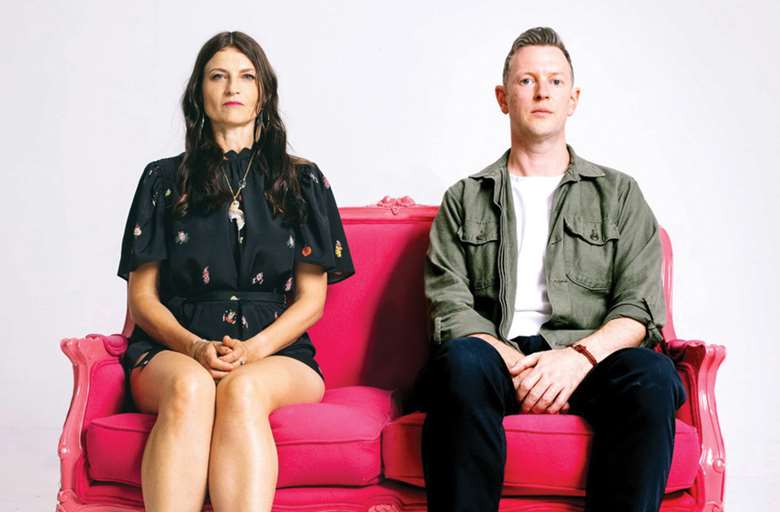“Brotherly is like a naughty child that wouldn’t go to sleep!” – Anna Stubbs and Robin Mullarkey Interview
Friday, October 16, 2020
The cult UK jazz-and-broken beats duo speak to Mike Flynn about the release of a remastered double album of their best songs with guest contributions from Donny McCaslin, Jason Rebello and Kaidi Tatham


Register now to continue reading

Thank you for visiting Jazzwise.co.uk. Sign up for a free account today to enjoy the following benefits:
- Free access to 3 subscriber-only articles per month
- Unlimited access to our news, live reviews and artist pages
- Free email newsletter